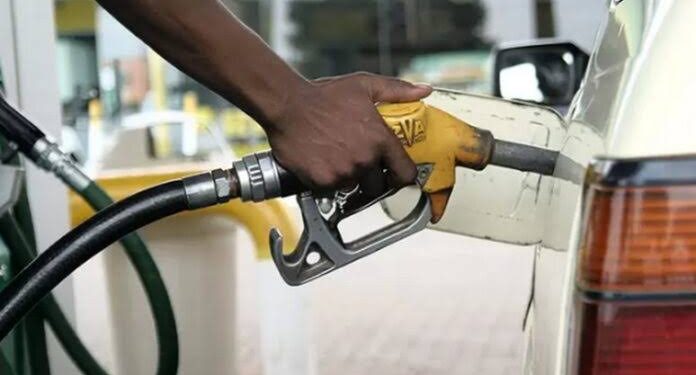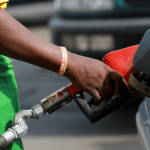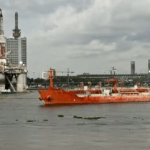Nigeria’s fuel consumption has dropped drastically, with oil marketers facing immense losses and nearly 10,000 dealers on the brink of closure amid soaring fuel prices. Data from the Nigerian Midstream and Downstream Petroleum Regulatory Authority reveals that daily fuel consumption fell to just 4.5 million liters in August 2024—down 92% from 60 million liters in May 2023.
Since President Bola Tinubu’s removal of fuel subsidies in May 2023, fuel prices have surged by 488%, pushing petrol prices from N175 to over N1,000 by October 2024. This price jump has impacted everything from transport costs to inflation, leaving many Nigerians struggling with rising costs. As a result, countless motorists have opted for public transport, further reducing fuel demand.
According to the Petroleum Products Retail Outlets Owners Association of Nigeria (PETROAN), this sharp decline in demand has severely impacted its members, with nearly 10,000 dealers at risk of shutting down due to depleted trading capital. Dr. Joseph Obele, PETROAN’s National Public Relations Officer, stated that the cost of a truckload of Premium Motor Spirit (PMS) had skyrocketed from N7 million to N47 million over the past 16 months. “Three days ago, in a national meeting, it was clear that thousands of our members would quit business within the next 45 days due to financial strain,” Obele disclosed. In response, PETROAN requested a N100 billion grant from President Tinubu on October 21 to save these struggling businesses.
The Independent Petroleum Marketers Association of Nigeria (IPMAN) also confirmed the drop in fuel consumption. “We’re buying less fuel now; those who previously bought 10 truckloads now purchase just eight,” said IPMAN President Abubakar Maigandi.
The Nigeria Union of Petroleum and Natural Gas Workers (NUPENG) reported that many truck drivers and petrol station employees have lost their jobs as dealers struggle to keep their businesses afloat. NUPENG Secretary-General, Afolabi Olawale, described the economic downturn as dire, noting that many petrol stations cannot afford a single truckload, forcing widespread closures and layoffs.
As Nigeria grapples with this fuel crisis, the calls for urgent relief grow louder, as stakeholders await decisive action to stabilize the industry and alleviate hardship for struggling Nigerians.










